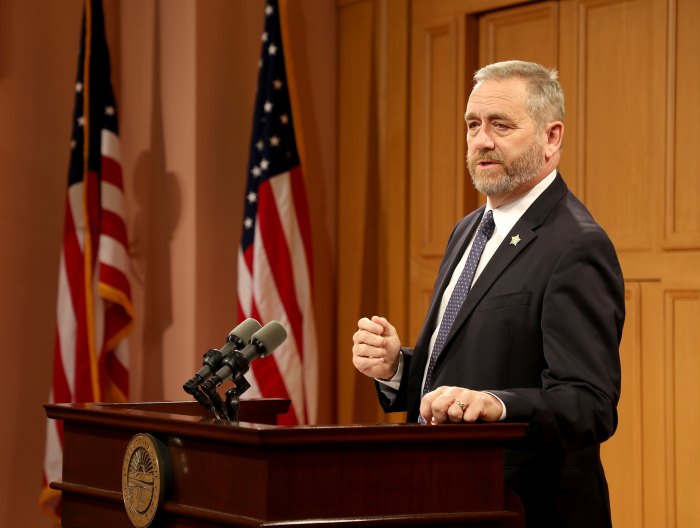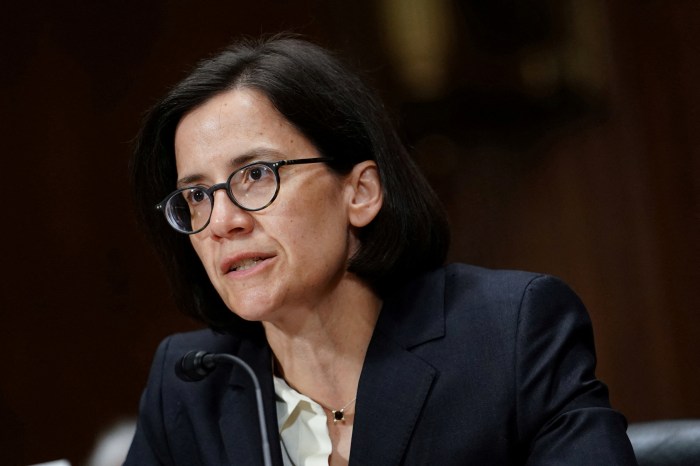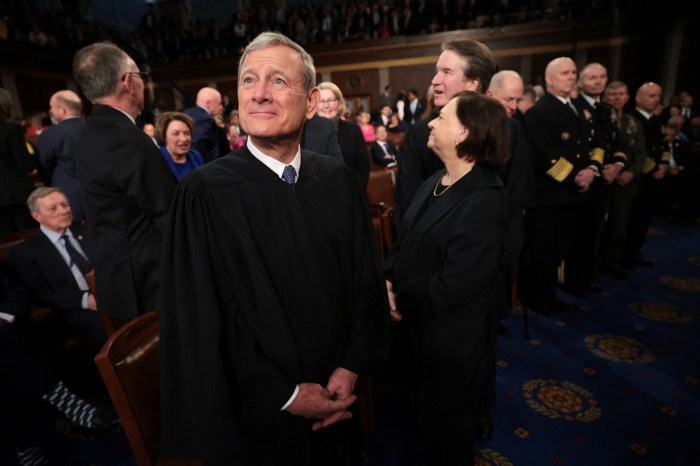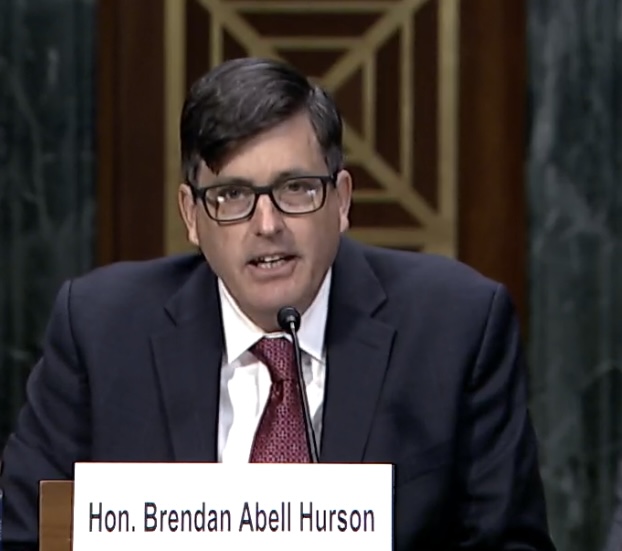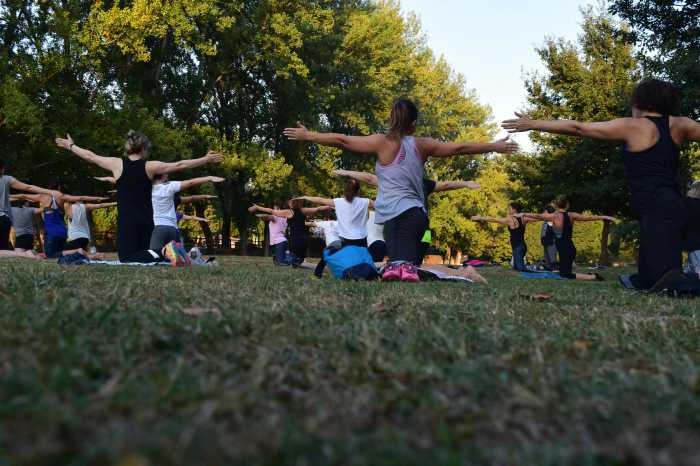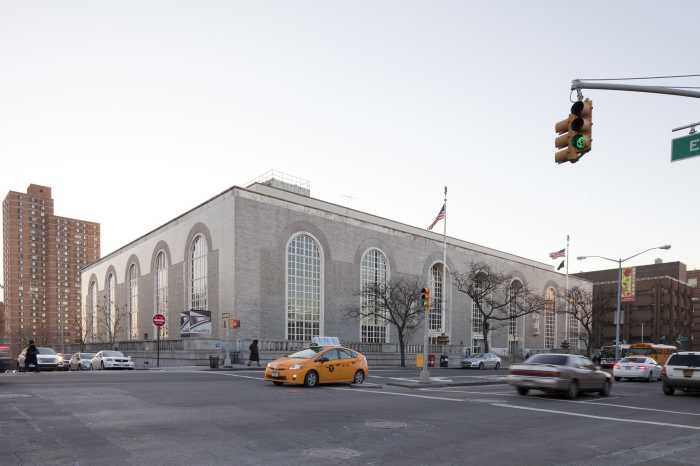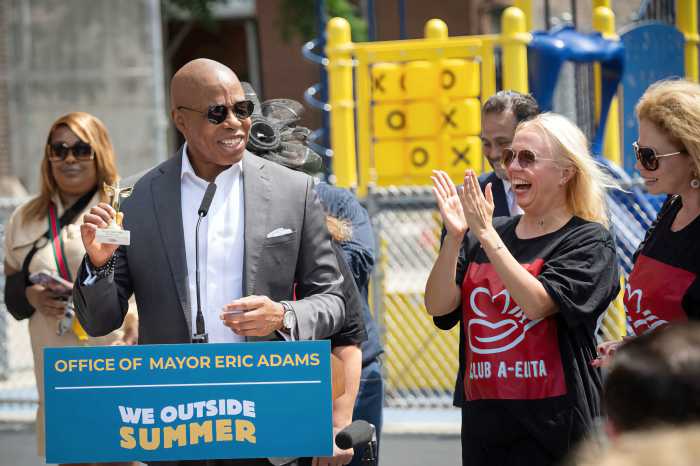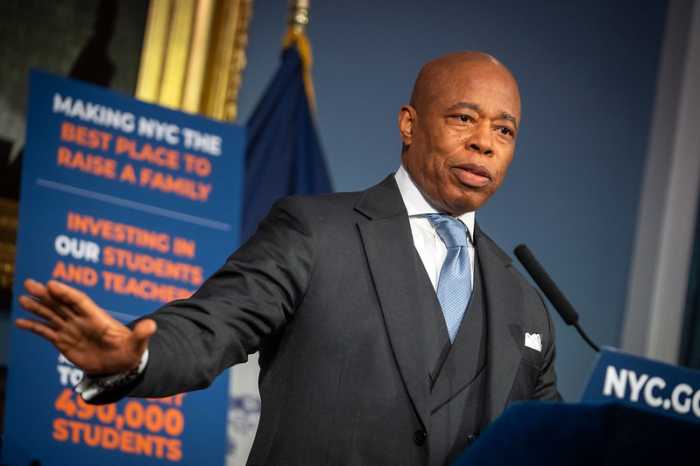In a Supreme Court session with several consequential LGBTQ cases pending, we learned on October 7 of two lawsuits that will not being going in front of the nation’s high court.
In Frank G. v. Joseph P. & Renee P.F., the Second Department of the New York State Appellate Division, based in Brooklyn, upheld an Orange County Family Court judge’s awarding of custody of twin boys to the former same-sex partner of the children’s biological father, and the state’s highest bench, the Court of Appeals, denied review.
The children’s biological mother, Renee, is the former same-sex partner’s sister. Frank, the biological father, had moved with the children to Florida without notifying Joseph, who enjoyed a close bond with the children even though the two men were no longer living together. Joseph sued to be appointed a guardian of the children, at a time before the Court of Appeals recognized the parental status of same-sex partners.
After the Court of Appeals’ landmark 2016 decision in Brooke S.B. v. Elizabeth A.C.C., which ruled that same-sex co-parents could be recognized as having the same parental rights and standing as biological or adoptive parents in certain circumstances — even if they were not married to the biological parent or had not adopted the children — Joseph amended his complaint to seek custody.
Orange County Family Court Judge Lori Currier Woods decided that the children’s best interest would be served by awarding custody to Joseph and according visitation rights to Frank. She did not find that Frank was “unfit,” but instead placed both fathers on equal standing and then considered which one would provide the preferable home for the twins. Relying on the Brooke S.B. decision, the Appellate Division affirmed Woods’ ruling. Frank tried to appeal this ruling, arguing that his 14th Amendment due process rights were violated, but the Court of Appeals refused to hear his appeal.
Pointing to past cases where the US Supreme Court has recognized as a fundamental right the liberty interest of biological parents in the care and raising of their children, Frank argued his liberty interest was violated when he was deprived of custody in favor of a co-parent based on a best interest of the children analysis without any finding that he was unfit. His petition argued that his case had national significance and needed a Supreme Court ruling because various state courts have disagreed about how to handle parental custody claims by unmarried same-sex partners of biological or adoptive parents. Since the Supreme Court is most likely to grant review in cases involving constitutional questions on which lower courts are divided, it seemed likely that Frank would win review.
Frank’s likelihood of success was enhanced because his petition was filed by Gene Schaerr, a former clerk of Chief Justice Warren Burger and Justice Antonin Scalia and a prominent anti-LGBTQ lawyer and partner in a Washington firm that frequently litigates in the Supreme Court. Several amicus briefs were filed in support of Frank’s petition, urging the high court to reaffirm the traditional doctrine that biological parents who are not found to be unfit always have custodial preference over people not related to the children by biology or adoption.
Had the court taken this case, its current conservative majority could have abrogated Brooke S.B. and similar decisions from other states that have been important precedents according equal standing to same-sex parents. The denial of review means the law will continue to develop in the lower courts for now without intervention by the Supreme Court — at least a temporary victory for LGBTQ rights advocates.
The Supreme Court’s denial of review in another case, Calgaro v. St. Louis County, was expected since even the conservative Eighth Circuit Court of Appeals found no merit to Anmarie Calgaro’s claim she is entitled to damages from institutions and individuals that assisted her child, a transgender girl, when she decided to leave her unsupportive home before she had reached age 18 in order to transition. Calgaro argued unsuccessfully in the federal district court in Minnesota and before the Eighth Circuit that her constitutional rights as a mother were violated when the county and its public health director, the local school district and high school principal, and other private institutions respected her child’s wishes and kept Anmarie in the dark about where her child was living. She also objected to being excluded from decisions about her child’s transition.
The case raises important issues, but the Supreme Court has shown great reluctance to get involved with cases that are effectively moot, and in this case E.J.K., the child in question, has long passed the age of 18, thus achieving adult status under Minnesota law and being entitled to emancipate herself from control by her mother.
Calgaro is represented by the Thomas More Society, a Catholic lawyers group that generally focuses on religious free exercise cases, occasionally in opposition to LGBTQ rights. E.J.K. is represented by the National Center for Lesbian Rights. Two conservative groups had filed amicus briefs urging the high court to take the case.


